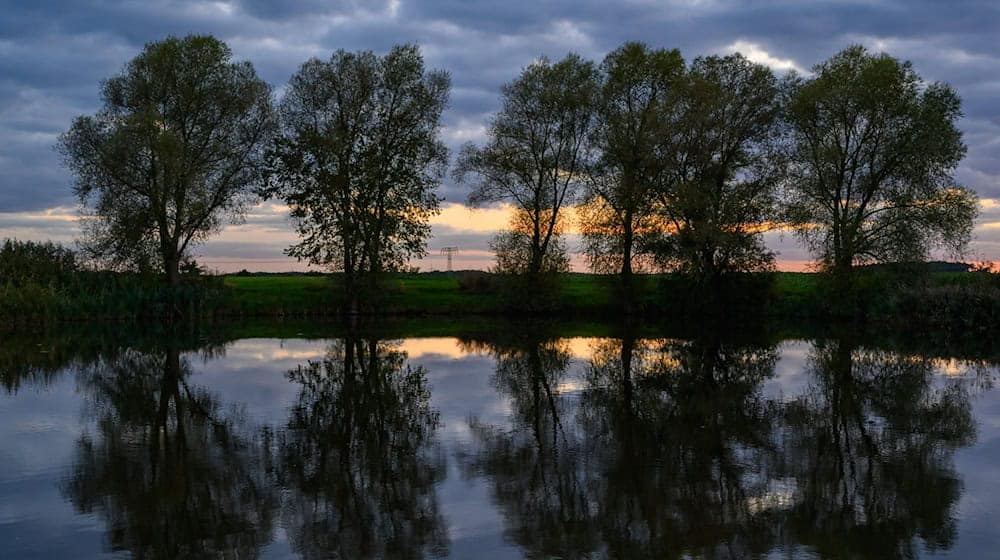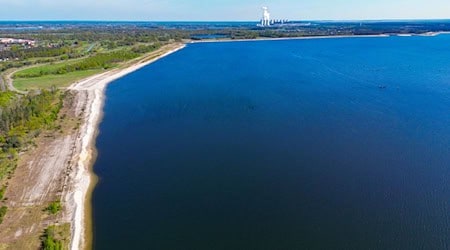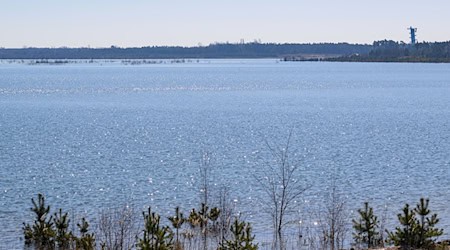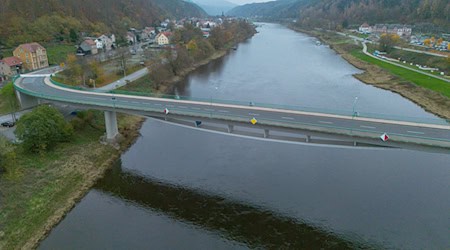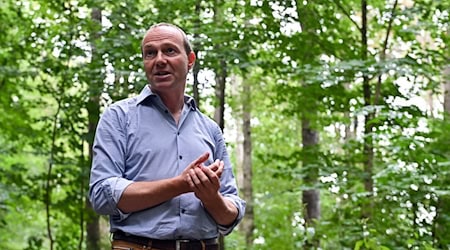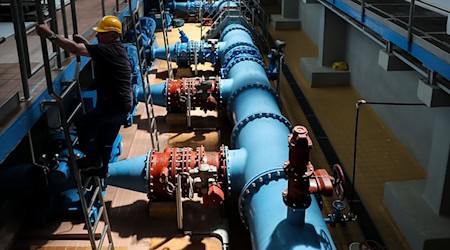The water supply in Lusatia and subsequently in Berlin will be a task of the century with costs that cannot yet be estimated. It may take decades or even 100 years to achieve a self-regulating water balance after the end of lignite mining, said Regina Heinecke-Schmitt, Head of Department at the Saxon Ministry of the Environment, at a meeting of the Spree, Black Elster and Lusatian Neisse river basin management working group in Dresden.
Climate change exacerbates the problem of the water balance in Lusatia
"There are many individual steps to be taken to achieve this," emphasized the water expert, referring among other things to the flooding and aftercare of residual open-cast mining lakes and raising the groundwater level. "Last but not least, we have to take into account the fact that we also have climatic changes." Ideas about the inflow of water and evaporation were very different decades ago. All of this must be incorporated into strategies for sustainable and resource-conserving management.
Total costs cannot yet be estimated
According to Heinecke-Schmitt, it is currently impossible to estimate what this will ultimately cost. Feasibility studies currently underway are financially secured by the states of Brandenburg, Berlin and Saxony. There are 1.6 million euros available for this. A study on the groundwater model is being financed jointly with the federal government and is estimated to cost nine million euros. 70 percent of this will be borne by the federal government, 15 percent each by Brandenburg and Saxony, said Anke Herrmann, head of department at the responsible Brandenburg ministry.
Feasibility study on the Elbe spillway into the Spree
A feasibility study is currently underway on a possible spillway from the Elbe into the Spree. However, there are concerns at the Port of Hamburg, for example, as to whether they will be left high and dry if water is diverted from the Elbe. The feasibility study for the Elbe spillway is only one component of the overall water management concept, which should be available in around two to three years. "We are very keen for this to happen quickly," said Heinecke-Schmitt.
The Spreewald is also in focus
One focus is on the Spreewald and its future water supply. According to Simon Henneberg, Head of Division at the Ministry of Agriculture, Environment and Climate Protection in Brandenburg, the Spreewald needs to rethink how it can be preserved as a biosphere reserve and Unesco World Heritage Site with tourism. This does not mean that everything has to remain one-to-one. However, the question is to what extent water savings are possible.
Copyright 2024, dpa (www.dpa.de). All rights reserved

